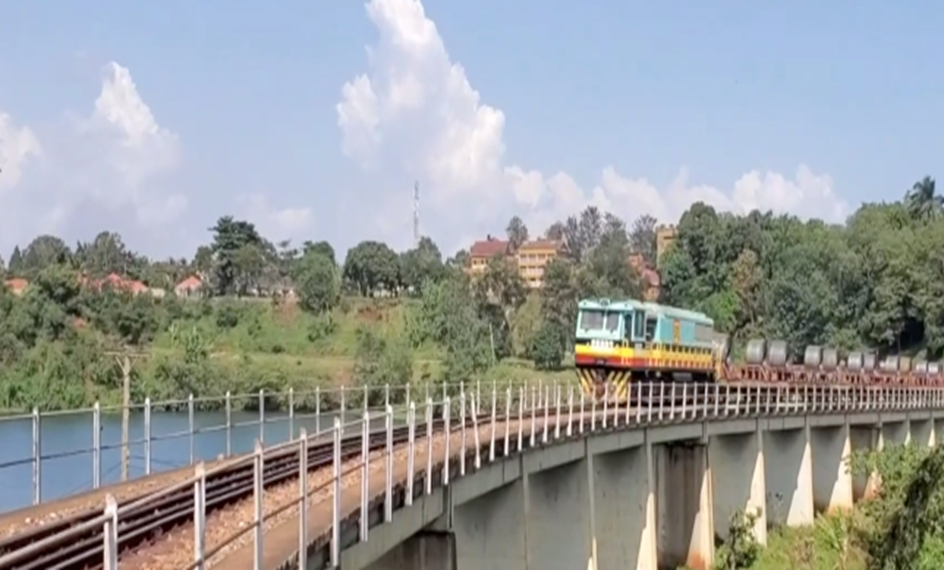By Diana kintu.
The Ugandan government has taken a major step towards building the new Standard Gauge Railway (SGR) by releasing $75 million, which is about 270 billion shillings. This money is meant to kick off the early construction work. At the same time, the Ministry of Finance is still in talks with other international partners to secure more funding for this large and important project.
A senior official in charge of the railway project, Canon Engineer Perez Wamburu, explained that this release of funds shows the government is fully committed to the SGR. He said the move is also meant to build trust and confidence among all the parties involved in making the railway a reality.
The process began in March when the government signed a special agreement with a Turkish construction company called Yapi Merkezi. This agreement, signed in Kampala, allows the company to start initial work on the ground.
To introduce the project to the community, Engineer Wamburu led a team to Tororo District on Wednesday, June 4th. He met with local leaders in the council chambers and introduced them to the Turkish construction company, Yapi Merkezi, and their consultants.
Wamburu urged the leaders to support the project, calling it a potential “game changer” that will transform Uganda’s economy for the better. After the meeting, the project team took the contractors to see the actual land where the railway will be built, starting from the Malaba River.
Wamburu shared that the contractor has already set up an office and is preparing to start work. In the coming months, people will see the company bringing in heavy machinery and workers. They will begin tasks like finalizing the railway’s design, finding local sources of materials like stones and sand, building camps for workers, and setting up factories to make concrete sleepers for the tracks. They will also carry out training programs for local community members.
This project was officially launched by President Yoweri Museveni in November of last year. The President emphasized that the new railway will greatly reduce the cost of transporting goods, which will make doing business in Uganda much cheaper. The entire construction from Malaba to Kampala is expected to be finished within four years.
A representative for the construction company, Mert Oz, expressed great optimism about the project. He also called it a “serious game changer” that will create many new business and job opportunities. He promised that his company will use its modern technology and experience from building a similar railway in Tanzania to ensure high-quality work.
He specifically mentioned that Tororo will benefit from a big marshalling yard in Malaba for sorting cargo, a railway station, and other mechanical workshops.
Mr. Oz also assured everyone that the railway will be built to international standards and will be electrified. He promised that many jobs will be given to local people and asked the district leaders to help identify qualified individuals from the community.
However, one issue was highlighted during the meeting. Engineer Wamburu informed the leaders that the compensation for 59 people whose land is affected by the project has been delayed. This is because the Ministry of Lands has not yet finished the official report needed to clear the payments.
The local leaders in Tororo expressed their strong support for the project. The Chief Administrative Officer, Gabriel Atama, said, “It makes us happy,” and promised that the district will fully support the project and help mobilize the community.
The District Vice Chairperson, Rebecca Akumu, and the Deputy Resident District Commissioner, Albert Amula, both appealed to the project coordinators to ensure the affected people are compensated fairly and without delay. The Mayor of Tororo Municipality, Kenneth Orono Nyapidi, also pledged to give the contractor all the necessary support.


